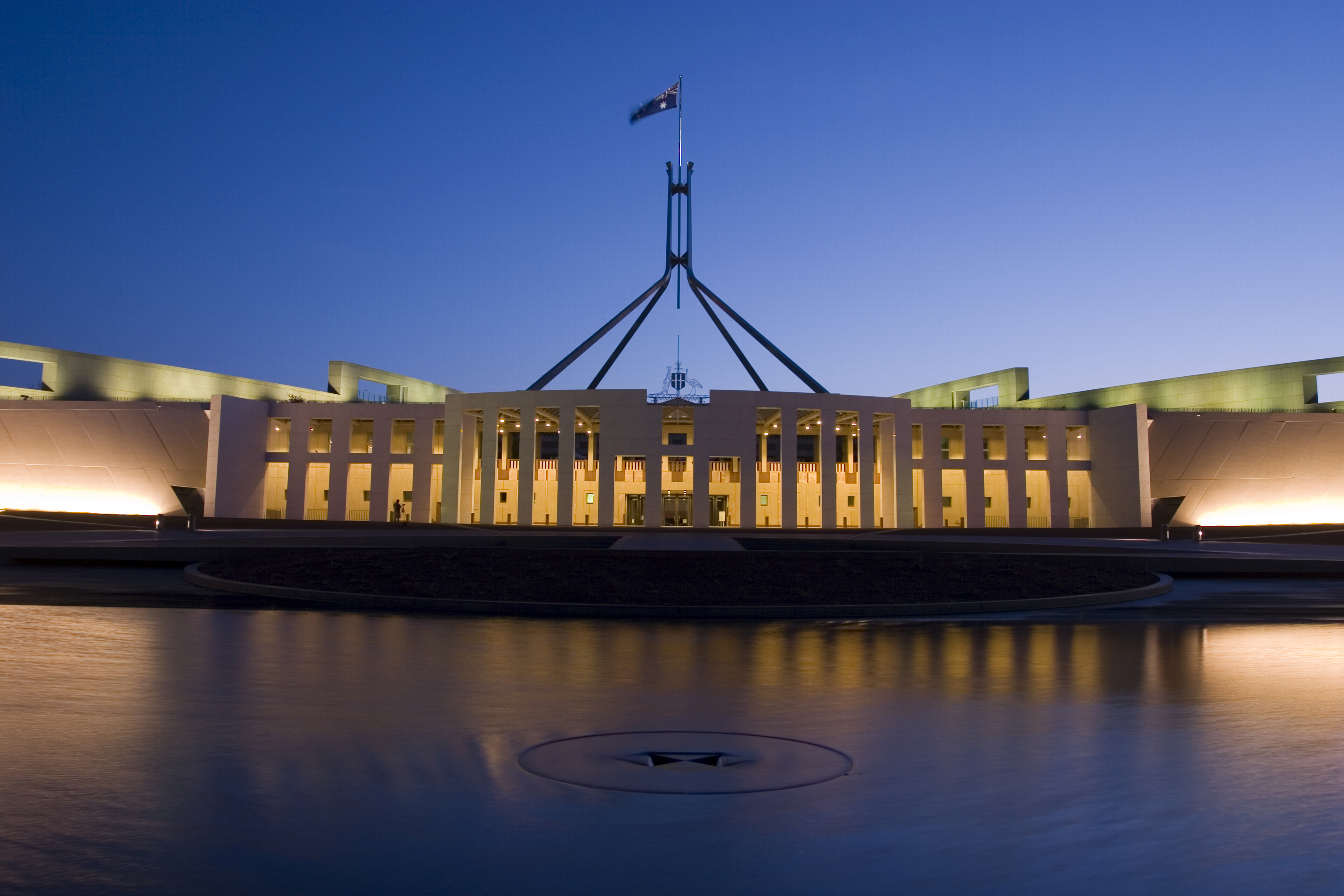How we can reinvigorate democracy

Are plebiscites the answer we have been searching for?
Published 27 August 2015
The Federal Government has flagged the possibility of holding a national plebiscite on same-sex marriage. Opinion divides on the appropriateness of such a plebiscite: would it be a chance to broaden participatory democracy in Australia or would it be a ducking of parliamentary responsibility?
Joining a discussion on this issue is James Cahill, a researcher from Democracy Renewal, an initiative of the Melbourne School of Government at the University of Melbourne that brings together research and opinion on the challenges facing Western liberal democracies.
With him is Lyn Carson, Director and Co-founder of New Democracy Foundation and Peter Black, a senior lecturer in constitutional law at the Queensland University of Technology. The discussion is hosted by ABC Radio National’s Sunday Extra presenter, Jonathan Green.
Cahill, Carson and Black agree there is a growing disillusionment with the political process in Australia, which is making it necessary for political institutions to develop better, more innovative mechanisms to re-engage the people and restore voter trust in the political system.
While Cahill is generally in favour of plebiscites, he remains suspicious. He says:
It feels like a government abdicating responsibility, buying itself some time.
However, Carson cautions plebiscites alone may not be the most effective mechanism to achieve this. Rather, she advocates for deliberative democracy, where citizens come together to discuss, debate and deliberate on specific policy issues and frameworks. She says:
When we’re talking about how we might integrate people’s thinking with that of parliament, I think we have to look at mechanisms that involve a great deal of deliberation.
Listen to the Sunday Extra broadcast here.